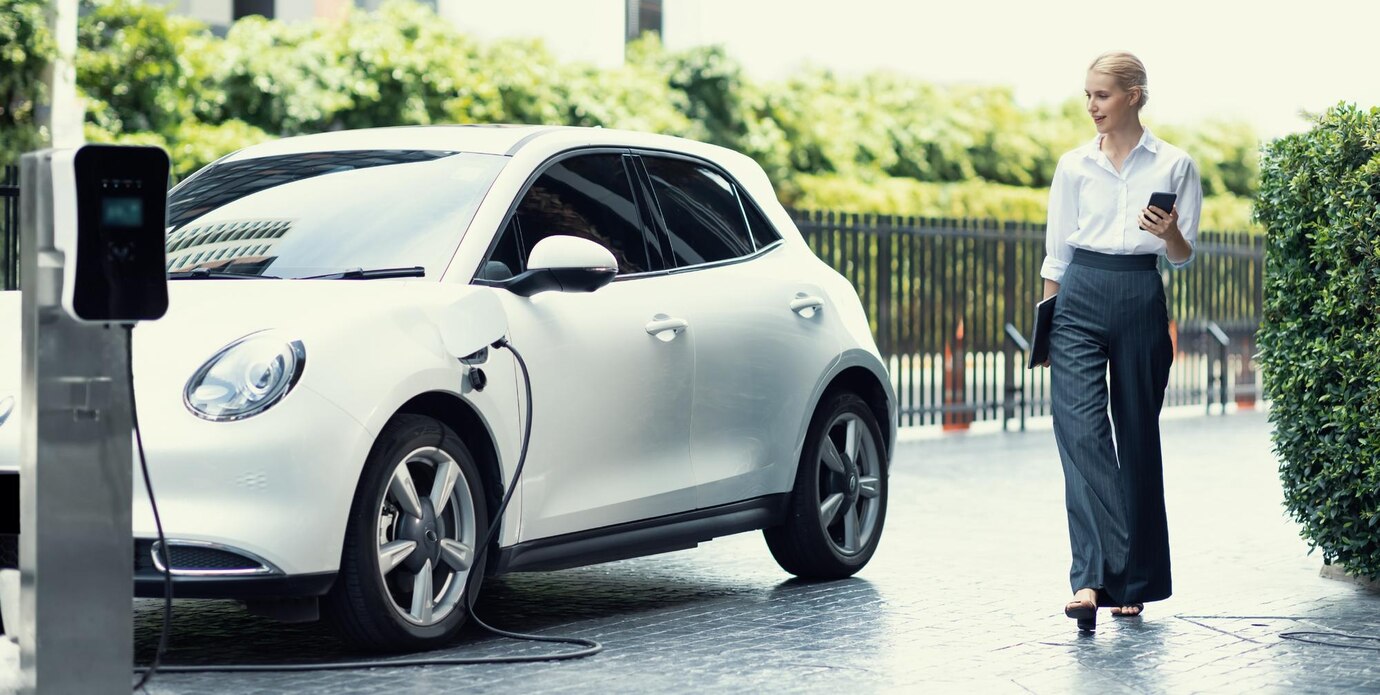introduction
Just a few years ago, electric vehicles (EVs) were seen as niche products—expensive, limited in range, and mostly driven by environmental enthusiasts. Fast forward to 2025, and the landscape has changed dramatically. EVs are now mainstream, high-performing, and increasingly affordable. With governments, automakers, and consumers all embracing the shift, it’s clear that the future is electric.In this article, we explore the reasons behind the global rise of EVs and what it means for drivers, the auto industry, and the planet.

Cleaner, Greener Transportation
One of the biggest reasons for the EV boom is the growing concern about climate change. Traditional gasoline-powered cars emit large amounts of carbon dioxide and other pollutants, which contribute to global warming and poor air quality.EVs, on the other hand, produce zero tailpipe emissions. When powered by renewable energy sources like solar or wind, they offer a truly sustainable solution to personal transportation. Many cities are now pushing for low-emission zones, making EVs even more attractive for urban drivers.
Advances in Battery Technology
Battery technology has come a long way in just a few years. Today’s EVs are:
Faster to charge
Longer in range (300–500+ miles)
More affordable to maintain
Solid-state batteries, currently in development, promise even better performance in the near future—faster charging, more energy density, and longer life spans.
Lower Cost of Ownership
While the upfront cost of an EV can still be higher than a gasoline car, the total cost of ownership is often lower. Here’s why:No oil changes
Fewer moving parts = fewer breakdowns
Cheaper “fuel” — electricity costs less than gasoline
Government incentives and tax credits
Many countries are also offering rebates, toll exemptions, and free parking to EV owners, making the switch even more appealing.
Charging Infrastructure Is Growing Fast
One of the early concerns with EVs was: “Where will I charge it?” That’s quickly becoming a thing of the past. Public and private charging networks are expanding rapidly, and today’s EVs can charge:At home with a simple wall plug..At fast-charging stations in 20–30 minutes.At ultra-fast stations (like Tesla Superchargers) in under 15 minutes,
Apps now help drivers locate nearby chargers, check availability, and even reserve a spot in real time.
Major Automakers Are Going All-In
The world’s biggest car companies are now fully committed to an electric future. Brands like Ford, GM, Mercedes-Benz, BMW, Hyundai, and Toyota have pledged to electrify their entire fleets within the next decade.New players like Tesla, Rivian, Lucid, and NIO are also pushing the industry forward with bold designs and breakthrough tech.
High Performance and Cool Tech
Forget the old idea that electric cars are slow or boring. Many of today’s EVs are faster than supercars, with instant torque and 0–60 mph times under 3 seconds.Plus, EVs often come packed with futuristic features:
Autonomous driving systems
Over-the-air software updates
Giant touchscreen dashboards
Voice control and app integration
You’re not just buying a car—you’re buying a smart, connected machine.
Global Push for Zero Emissions
Governments around the world are pushing for zero-emission transport to fight climate change and reduce oil dependence. Many countries and states have already announced plans to:
Ban sales of new gasoline/diesel cars by 2030–2035
Offer tax incentives for EV buyers
Invest in nationwide charging networks
This political support is accelerating the shift toward electric vehicles across all sectors—from personal cars to buses and delivery trucks.
Resale Value and Popularity Rising
As more consumers switch to EVs, their resale values are improving. Brands like Tesla, Hyundai, and Kia have shown strong value retention, while demand for used EVs is growing.This makes EVs a smarter long-term investment, especially as fuel prices remain unstable and environmental regulations tighten.

Conclusion:
EVs are no longer a trend—they are a transformation. With better technology, lower costs, more options, and global support, electric vehicles are becoming the default choice for millions of drivers around the world.Whether you’re driven by performance, sustainability, or savings, the electric revolution has something to offer. The future isn’t just coming—it’s already on the road.

